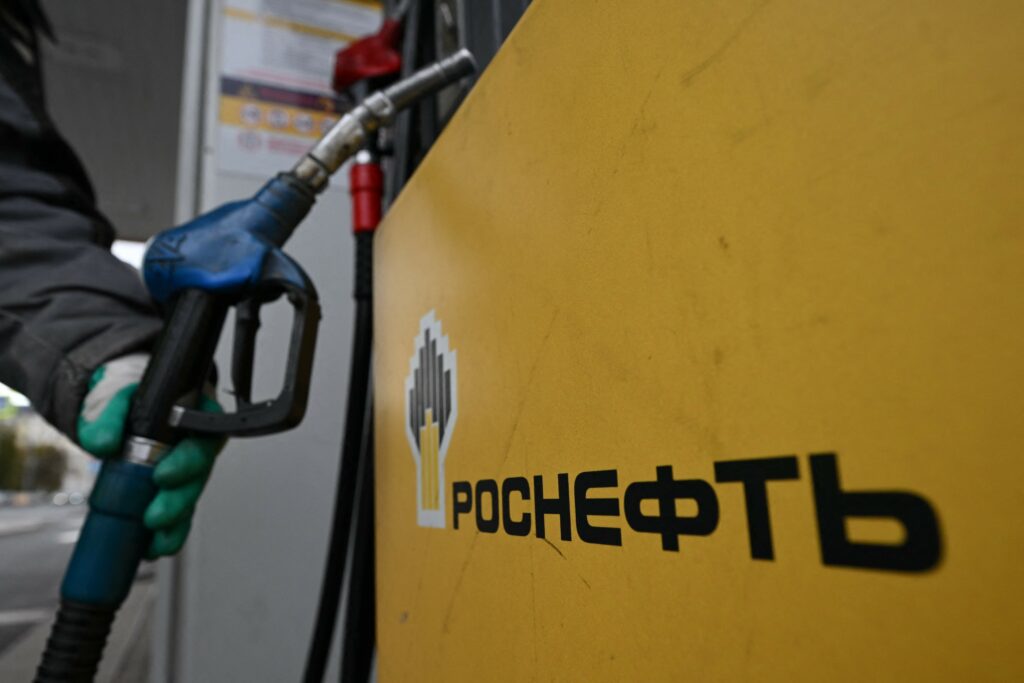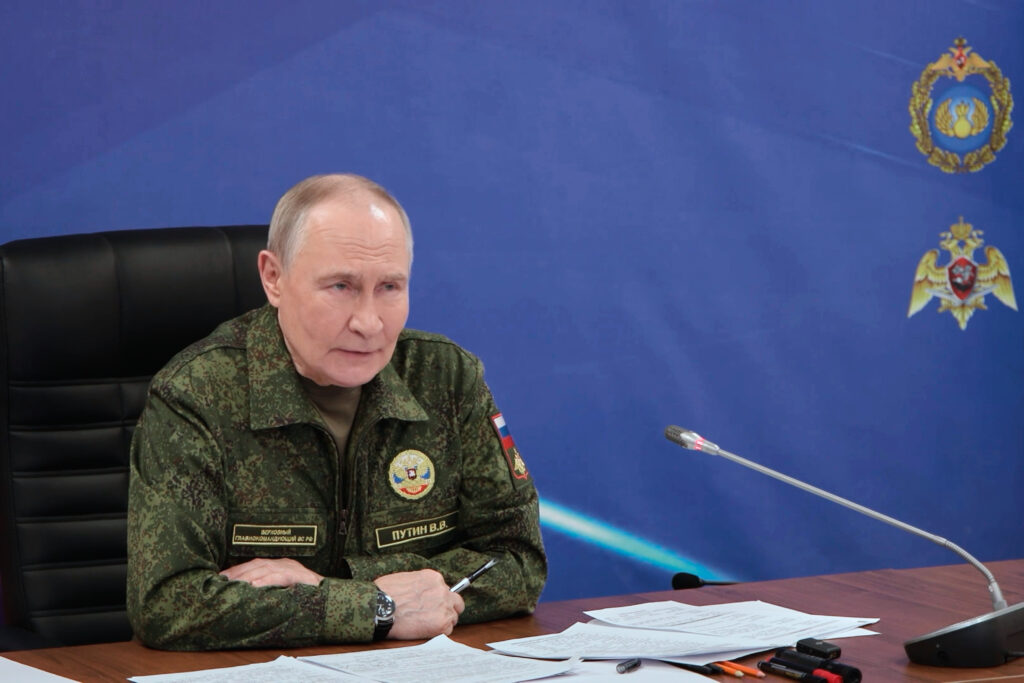US President Woodrow Wilson, famously, was an enthusiast of sanctions as an alternative to war. “A nation that is boycotted is a nation that is in sight of surrender,” he said in 1919, and he was not alone. After the First World War, many believed that the victorious powers would be able to prevent new all-out conflicts through exerting economic pressure on potential aggressors.
Despite some successes in the use of boycotts, the limits of sanctions as a coercive mechanism soon became clear. Sanctions may alienate partners abroad and business interests domestically; other powerful nations might come to the rescue of a target country, offsetting the effects; sanctions can create rally-round-the-flag effects, helping adversary leaders to keep power. Boycotts and embargoes did not topple Nazi Germany or Fascist Italy. “To sanctions of an economic character, we will respond with our discipline, with our sobriety, and with our spirit of self-sacrifice,” the Italian dictator Benito Mussolini said in 1935, when the League of Nations declared an embargo on arms and metals in response to Italy’s invasion of Ethiopia. Similar declarations of defiance have been a trope of target-country leaders ever since.
The economists Gary Hufbauer and Jeffrey Schott compiled a database of over 200 cases of economic leverage applied by one sovereign state to try and change the conduct of another. There is some success in about a third of the cases, Hufbauer says. That does not mean a complete triumph but some, often limited, success.
Heavy on Friends, Light on Enemies
Predictably, collective action works much better than unilateral sanctions. When a sender country has no backing from allies, its sanction success against a targeted country drops to about one-fifth of the cases, Hufbauer says. Paradoxically, if the target country is an ally or a close economic partner of the sender, sanctions are more likely to have an impact. In 1956, the United States successfully pressed France and Britain into withdrawing their troops from the Suez region during the so-called Suez crisis.
If the targeted country were an adversary, its leaders might have anticipated the pressure and would thus be more resistant. The sanctions against the USSR were also ineffective – well, while the USSR still existed. The United States grain embargo against the Soviet Union enacted in January 1980 did not stop the war in Afghanistan. The U.S. 1981 embargo on its oil and gas transmission equipment destined for the Soviet Union did not stop the construction of gas pipelines that Russia and Europe still use today.
Hufbauer and Schott exclude from their study measures that are intended at exerting pressure against business competitors, such as countries active in certain international markets. But sanctions may be dual-purpose. The U.S. sanctions against Nord Stream 2, a gas pipeline stretching from Russia across the Baltic Sea to Germany, is a case in point. A bipartisan bill enacted last December under the US National Defense Act sanctioned companies and individuals providing deep-sea pipelaying services for Nord Stream 2. The Russian gas monopoly Gazprom, the pipeline’s effective owner, immediately saw all its contractors withdraw their pipelaying vessels and other equipment from the Baltic Sea. This year, US LNG exports to Europe has so far declined due to a mild winter, COVID-19 mitigation effects, and high storage inventories. But, strategically, US liquefied-natural-gas exporters might gain from the measure.
This kind of impact is arguably more awkward for the target country than the more general pressures from economic sanctions. US and European sanctions may have affected the Kremlin’s decision making process towards Ukraine; it may even have deterred military escalation in the country, but that effect is ultimately hard to measure.
Today, the direct impact of post-Crimean sanctions on Russia’s economy is minimal. According to the IMF estimates published in 2019, international sanctions adopted in 2014 cost the Russian economy about 0.2% of GDP growth per year. The decline in oil prices had a much stronger effect on Russia: it held back growth by an average of 0.6% per year. A report by the Economic Expert Group reckoned the sanctions from 2014 led to Russian GDP in 2017 being 1.8% lower than if those sanctions had never hit. With every passing year, the effect of the sanctions has decreased.
Light on Dictators, Heavy on Their Subjects
Why resort to sanctions, then? Often, the purpose of economic or personal restrictions against foreign nations or individuals is to reassure constituencies in the sender country that their government has an effective foreign policy, Hufbauer explains. The sanctions are often meant for domestic consumption, rather than a real effect on the target country.
Sanctions have indirect effects too. One more paradox about trade restrictions is that counter-sanctions often affect trade more than the original measures. According to estimates, Russian’s import sanctions lead to eight-times stronger decline in bilateral trade flows with the European Union than the original European restrictions.
Sanctions also have long-term consequences: on the one hand, they make the target country’s leadership more and more resilient to external influences. On the other hand, they create long-term detrimental effects for ordinary citizens. Iran’s experience with sanctions shows that sanctions lower the population’s ability to access nutritious food, healthcare and medicine. Financial sanctions in particular lead to a scarcity of lifesaving medicines where the poorest get hit the hardest. Sanctions also place “invisible barriers” for academic studies, affecting the target country’s state of research in many important areas.
A German Alternative
One overlooked and controversial alternative to economic sanctions is an approach that decouples politics from economic and trade relations. This way of influencing other countries—a way that is essentially opposite to that of the US—is exemplified by, among others, Germany. Germany’s approach to dealing with Russia has deep roots and—during peaceful times—was informed by a desire for a mutually beneficial foreign policy and mutually beneficial exchange – economic, technological and academic.
Germany’s “New Eastern Policy” (Ostpolitik) that the German Chancellor Willy Brandt unveiled in the early 1970s was driven by the idea of “Change through rapprochement” (Wandel durch Annäherung). Despite many conflicts on the political front, the German-Russian gas projects never stopped. Even now, after the assassination attempt on Alexei Navalny, Germany is reluctant to part with its ‘decoupling’ principle. After some hesitation, the German government returned to its original position that Nord Stream 2 was a commercial rather than a political project.
Some similarities with that policy can be seen in the Partnership for Modernization initiative, for which the then German Foreign Minister, and current president, Frank-Walter Steinmeier championed in the late 2000s. The founding documents for the Partnership for Modernization promised European technological help to Russia, while Russia committed itself to institutional change, judicial reform and an intensified fight against corruption. This approach soon became seen as hopelessly naive, but it also might have been well ahead of its time.
A deep rethink is in order for the practice of imposing economic sanctions on countries whose leaders stay immune to the pressure, but whose populations lose access to healthcare and lifesaving medicine. Alternatives to heavy restrictions exist that impose costs where they are due.










